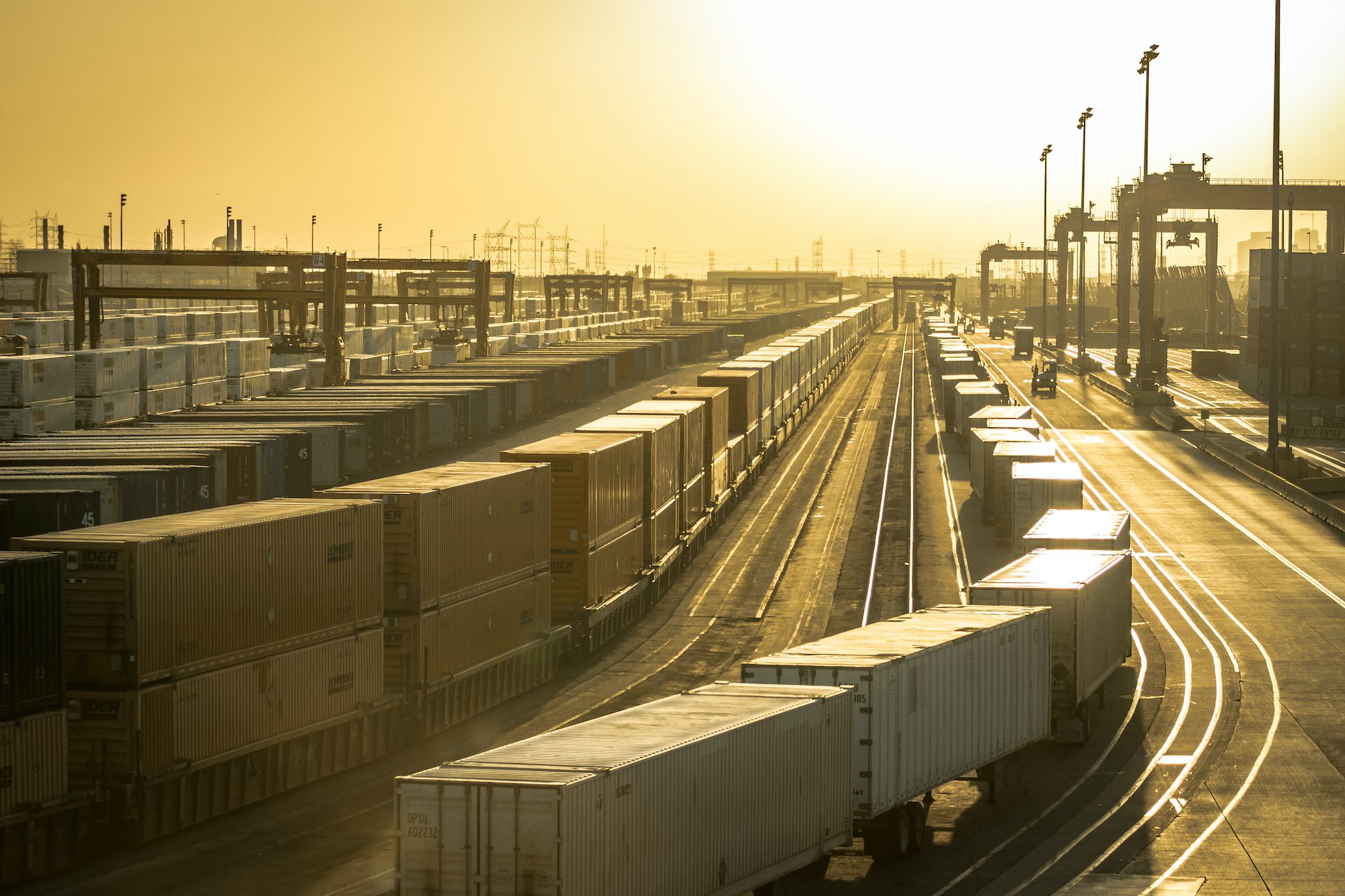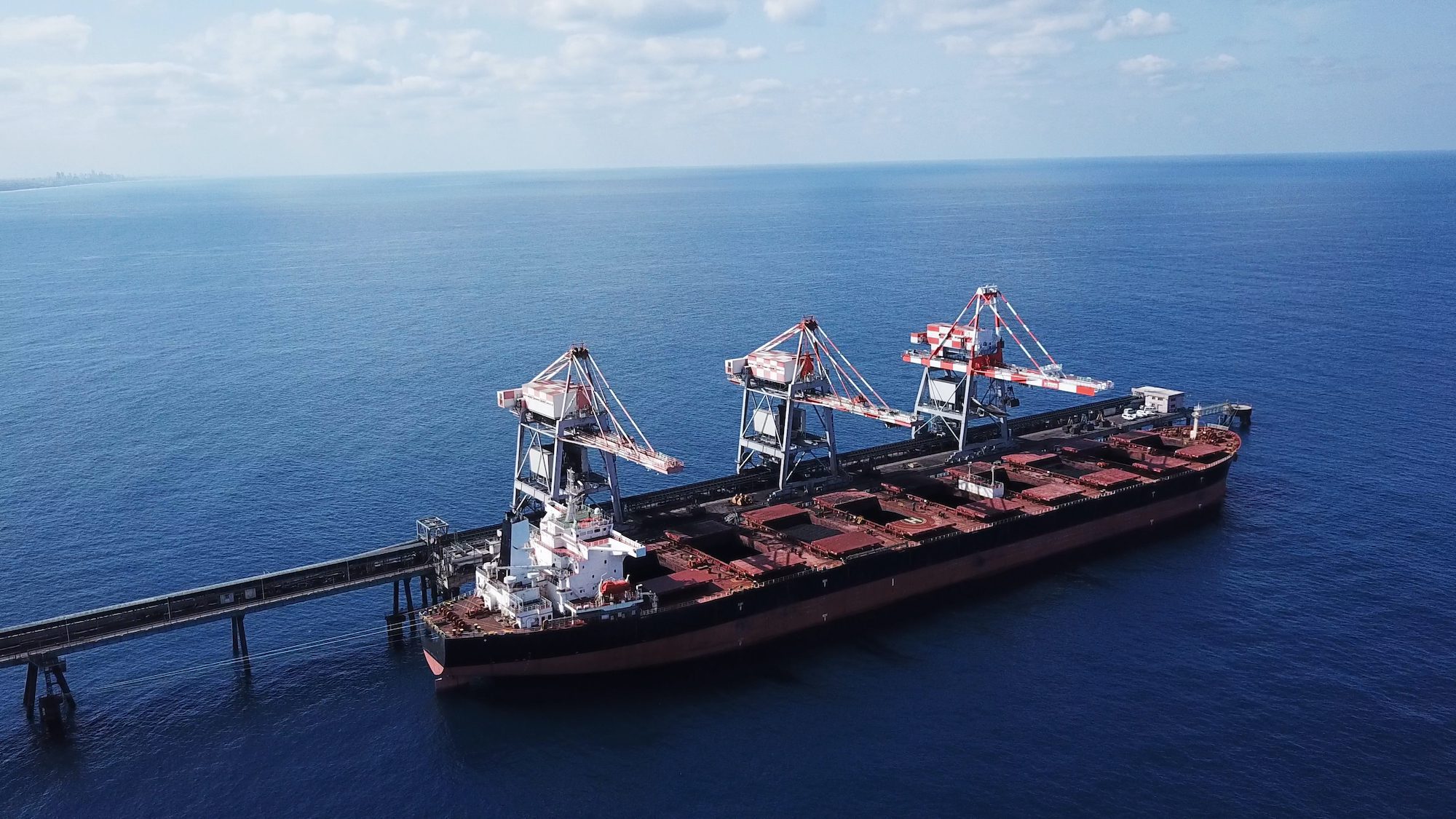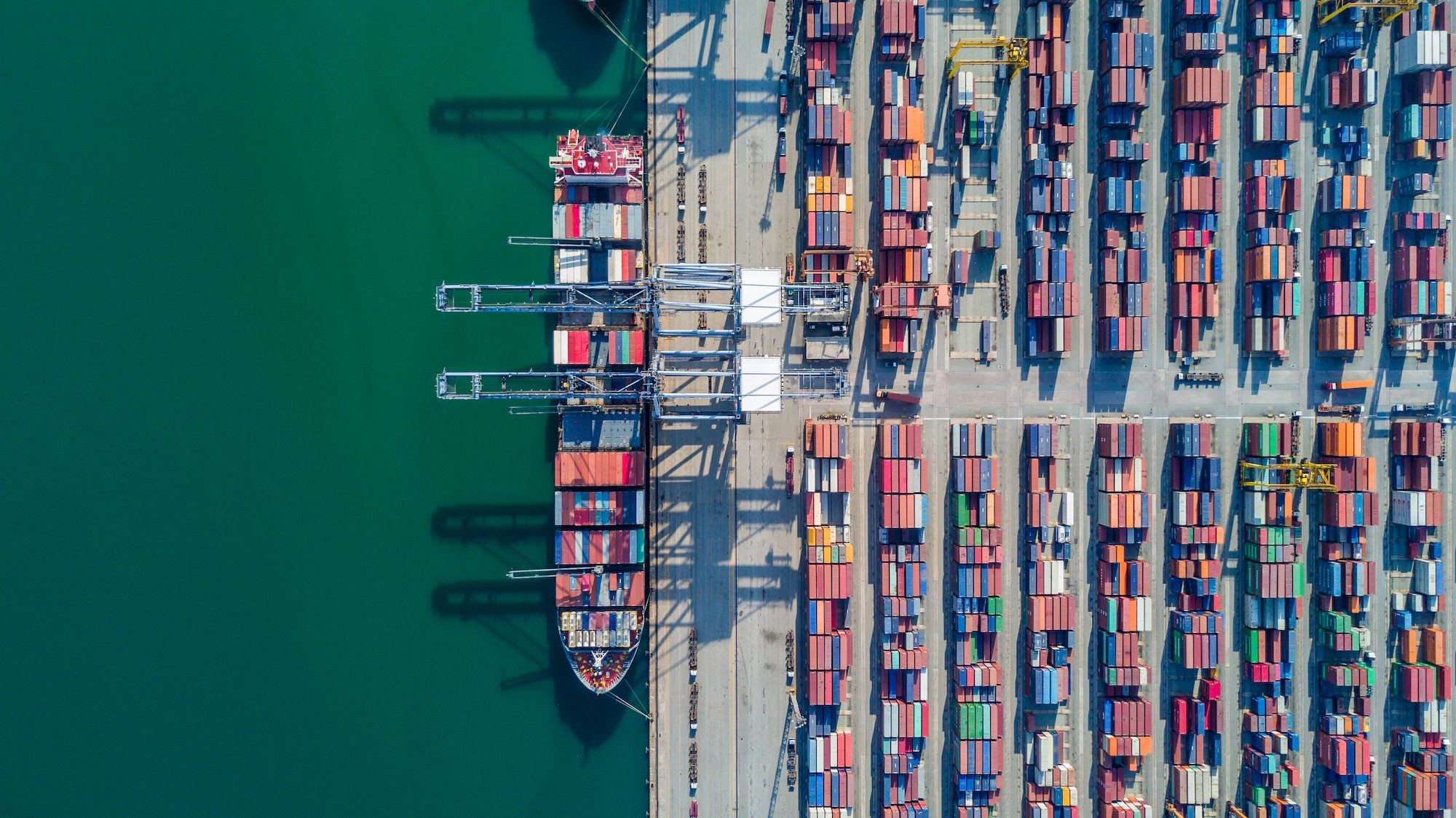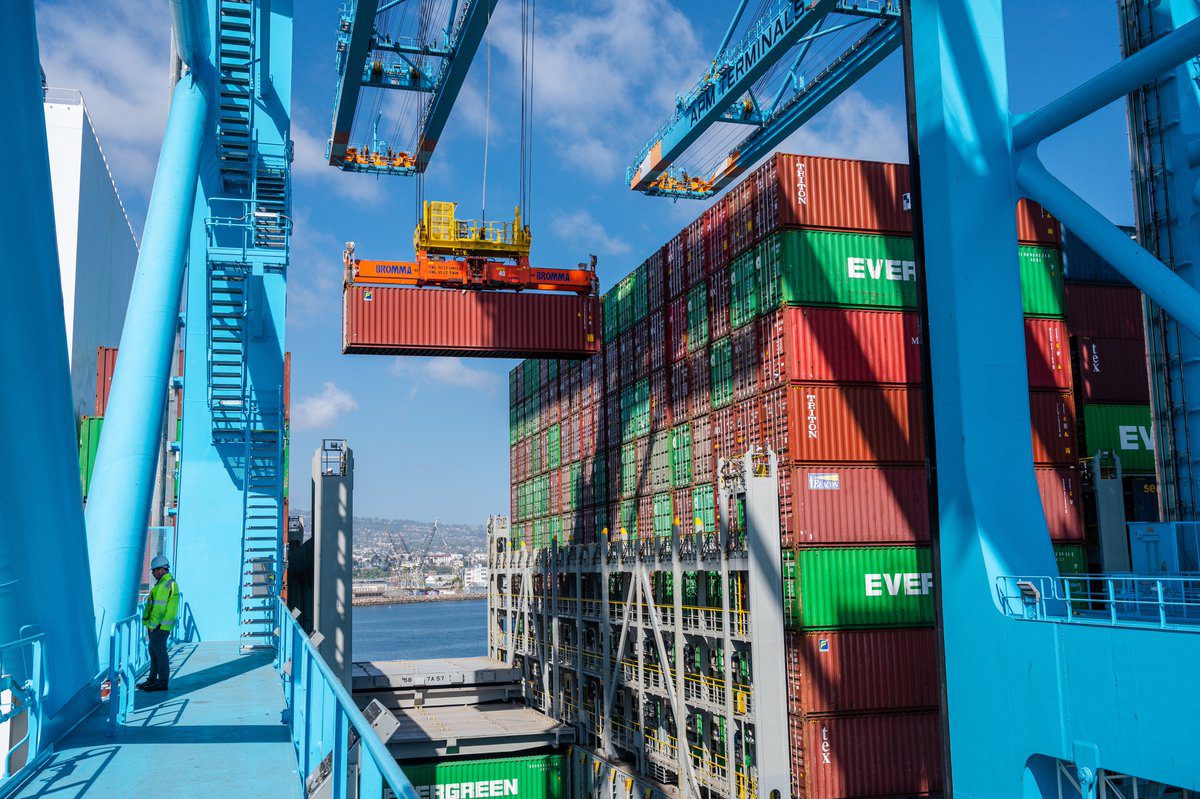by Chris Sanders (Reuters) President Joe Biden on Friday signed an executive order creating an emergency board to help resolve disputes between major freight rail carriers and their unions, in a move that could help loosen up some supply chain constraints.
The order came ahead of a deadline this week to intervene in nationwide U.S. railroad labor talks covering 115,000 workers, or open the door to a potential strike or lockout that could threaten an already-fragile economy and choke supplies of food and fuel.
If the president had not created the Presidential Emergency Board (PEB) before 12:01 a.m. EDT on Monday, the railroads and unions could have opted for operational shutdowns or strikes, respectively. The order becomes effective Monday.
Rail Congestion Threatens Nationwide Logjam
The board “will provide a structure for workers and management to resolve their disagreements. The Board will investigate the dispute and, within 30 days of its establishment, deliver a report recommending how the dispute should be resolved,” the White House said.
Talks between major freight railroads, including Union Pacific UNP.Nand Berkshire Hathaway-owned BNSF, and unions representing their workers have dragged out more than two years.
The order triggers a “cooling off” period so the two sides can work toward settlement.
“We look forward to the forthcoming recommendations of the presidentially appointed arbitrators,” said Greg Regan, president of the AFL-CIO Transportation Trades Department that represents several railroad unions.
U.S. business groups representing retailers as well as food and fuel producers in letters to Biden warned that failing to appoint a PEB would be “disastrous” for the softening economy.
Railroads move everything from Amazon packages to fuel oil and soybeans, and a shutdown of any kind could send prices for necessities higher and upend battered supply chains.
(Reporting by Chris Sanders and Lisa Baertlein; Editing by Chizu Nomiyama, Marguerita Choy and Sandra Maler)
(c) Copyright Thomson Reuters 2022.
Unlock Exclusive Insights Today!
Join the gCaptain Club for curated content, insider opinions, and vibrant community discussions.

 Join The Club
Join The Club














